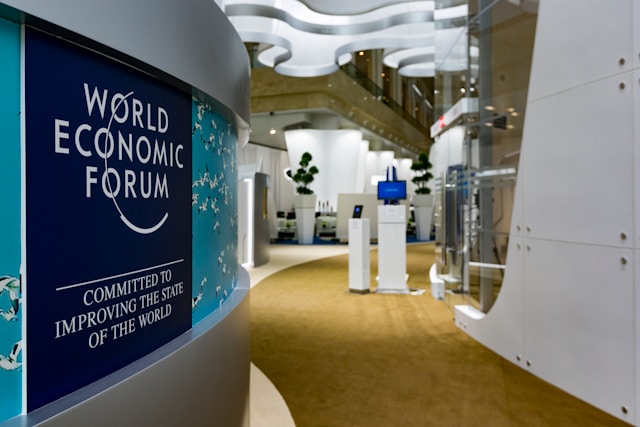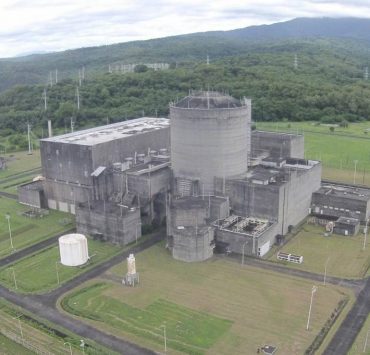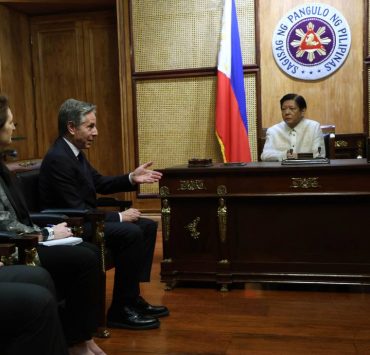PH can soar to become $2-T economy, says WEF

The Philippines can become a $2-trillion economy in the next decade—comparable with the size of Canada, Italy and Brazil today—if it could continue key reforms and sustain a strong economic growth, the World Economic Forum (WEF) said.
“We are very bullish on the Philippines, provided the reforms do continue. I think that this can be, in the coming decade, a $2-trillion economy if there are further investments in education, infrastructure and also able to draw on the great competence of the people of the Philippines,” WEF president Børge Brende told a press conference after the roundtable held at Malacañang.
“Adjust for purchasing power, you can even see the economy is now closer to a trillion; it’s not yet there but it’s closer to a trillion. I would say, if you achieve a growth of 7 to 8 percent, we can talk about a decade perspective,” Brende added.
If the projection of the WEF is realized, the Philippines could see its economy expand from its current size of about $380 billion based on latest government data. Separately, S&P Global forecasts the Philippines to become one of the small club of economies in Asia-Pacific exceeding $1 trillion in size by 2033, joining mainland China, Japan, India, South Korea, Australia, Taiwan and Indonesia.
In 2023, the local economy grew 5.6 percent, easing from the 7.6-percent expansion in 2022 and falling below the Marcos administration’s 6 to 7 percent growth target.
For 2025 until 2028, the Marcos administration said the economy could grow by 6.5 to 8 percent.
Brende said the Philippines has “really shown how resilient it is” in the face of headwinds at home and abroad. This, coupled with a “sound” fiscal policy of the government, made the country more attractive to foreign investors, he explained.
Moving forward, the WEF chief said the Philippines should take advantage of the shifting supply chains brought by geopolitical risks, which tend to send investors looking for new markets elsewhere to set up their business.
Brende also urged the government to “get rid of unnecessary red tape and creating the right investments for future growth. He cited a growing foreign investor interest in the Philippines.
“Of course, there are also some geopolitical challenges that the region is faced with, but it’s also an opportunity for the Philippines to get increased investment, especially in the manufacturing area because there is diversification of the supply chains,” he added. INQ

















